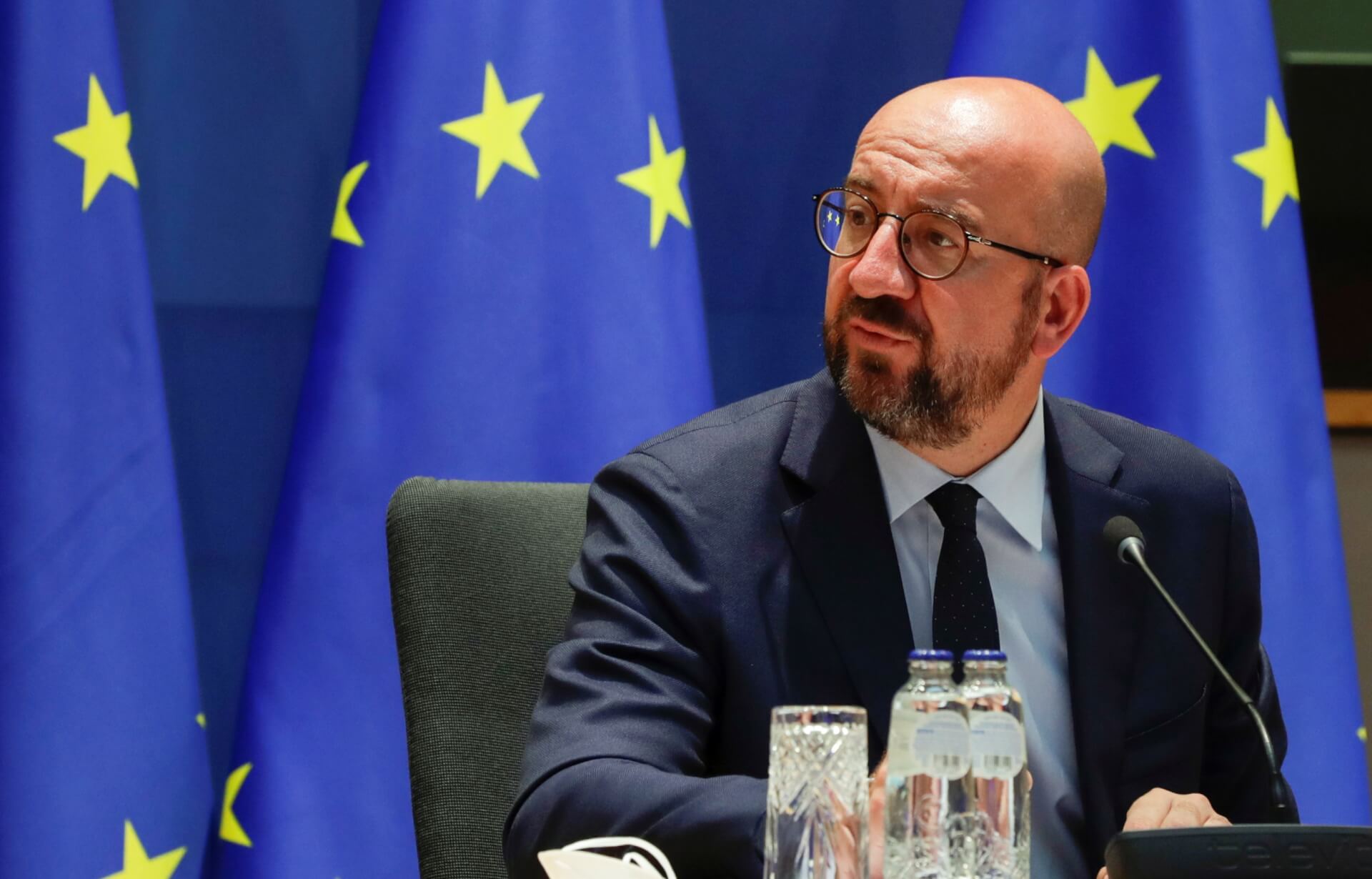On Friday, The European Council condemned the “instrumentalisation of migrants and refugees” by Belarus to advance political motives, saying it violates the fundamental European values and principles.
In a press release, the European Union (EU) and its member states called for collective action to prevent the surge of migrants from Belarus into the bloc to preserve the integrity of its external border. Concerning this, the Union’s foreign policy chief, Josep Borrell, said, “The EU will consider the possibility of restrictive measures targeted at migrant smugglers abusing human rights or those otherwise involved in trafficking in human beings.” The Union also expressed willingness to deport illegal migrants as per EU and international law. Additionally, to prevent the influx of migrants into the bloc, the Union and its member states deployed Frontex, the EU border and coast guard agency, for rapid border intervention and technical assistance. The press release also mentioned the Council’s decision to implement its external migration policy and strengthen “EU return capacities” through dialogue and partnerships with the countries of origin and transit.
Last week, Borrell met Iraqi Foreign Minister Fuad Hussein to discuss strategies to stop Iraqis from illegally entering EU member state Lithuania through Belarus. As per news reports, around 2,700 migrants, primarily Iraqi citizens, have entered Lithuania from Belarus in recent months. On Thursday, the Union said it is urging Iraq to curb the flow of migrants to Belarus, who are later smuggled into Lithuania. In a tweet, Borrell said, “This is an issue of concern not only for one Member State but for the entire EU. We count on Iraq’s support.”
Likewise, Ylva Johansson, the European Commissioner for Home Affairs, told the EU ministers: “We have been in contact with the Iraqi government to control flights to Belarus and re-admit Iraqi nationals who want to return voluntarily or have no right to international protection.” In response, Baghdad pledged to investigate the smuggling of Iraqi citizens to Lithuania and migration matters with the Union.
EU authorities believe Belarus is orchestrating the migrant crises in retaliation to the sanctions imposed against its regime over human rights abuses and electoral fraud. Earlier, Belarus pulled out of the EU’s Eastern Partnership programme, which ends its responsibility to collaborate with the bloc on migrants and organised crime. Since then, Lithuania, which shares a 670-kilometre long porous border with Belarus, has complained of an unprecedented increase in the number of migrants trying to enter the bloc and accused Belarus of flying migrants from Baghdad to Minsk. To control the surge of migrants, Lithuania started building a 550-kilometre razor wire barrier on its border with Belarus earlier this month.
Although the Union has expressed solidarity with Belarusian citizens, it refused to lift sanctions “until repression ends, all political prisoners are released, and free and fair elections are held.”
European Union Condemns Politicisation of Migrants and Refugees by Belarus
The Foreign Policy Chief of the European Union, Josep Borrell, condemned the politicisation of migrants and refugees by the Belarusian regime to pressurise the Union.
August 2, 2021

SOURCE: REUTERS
